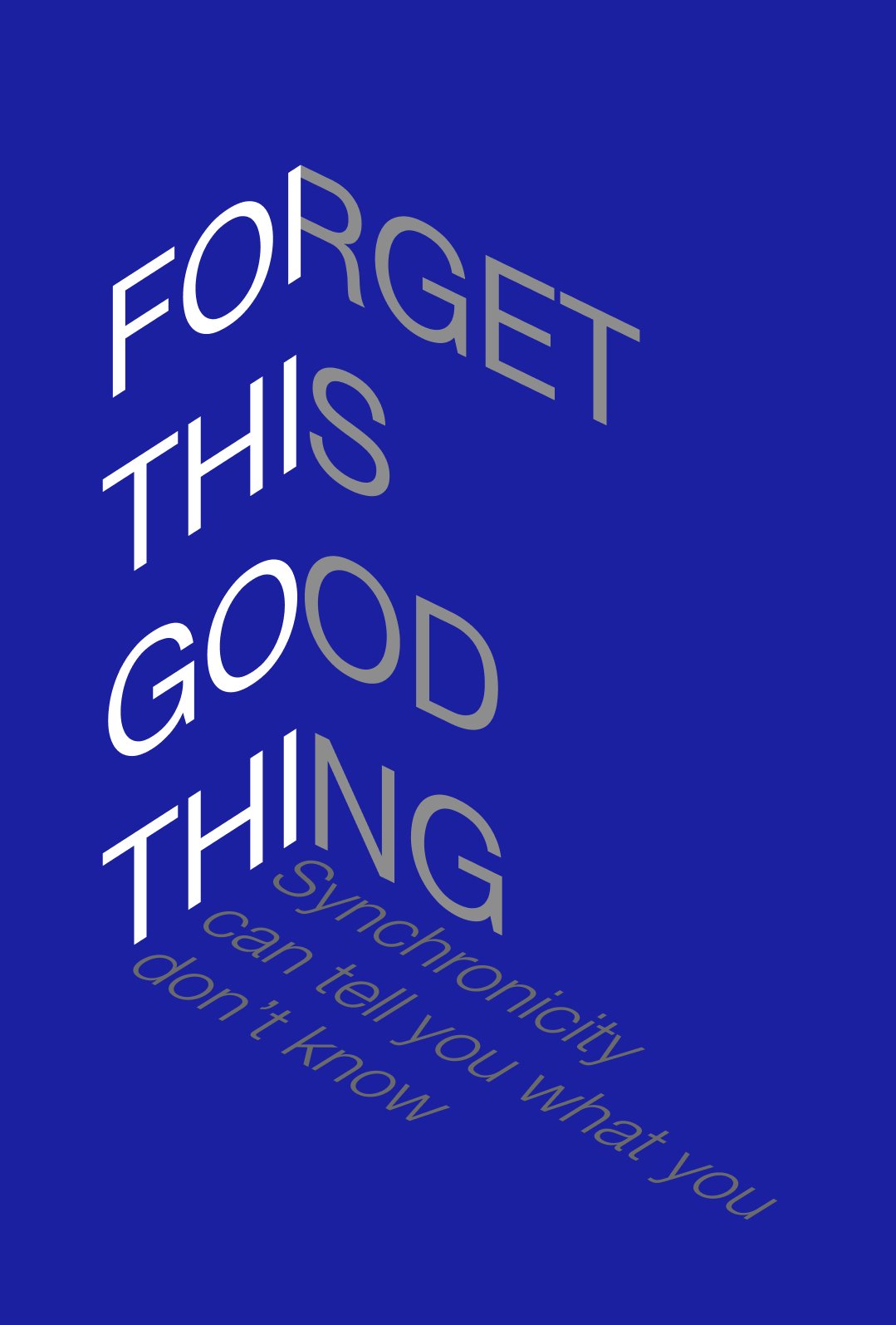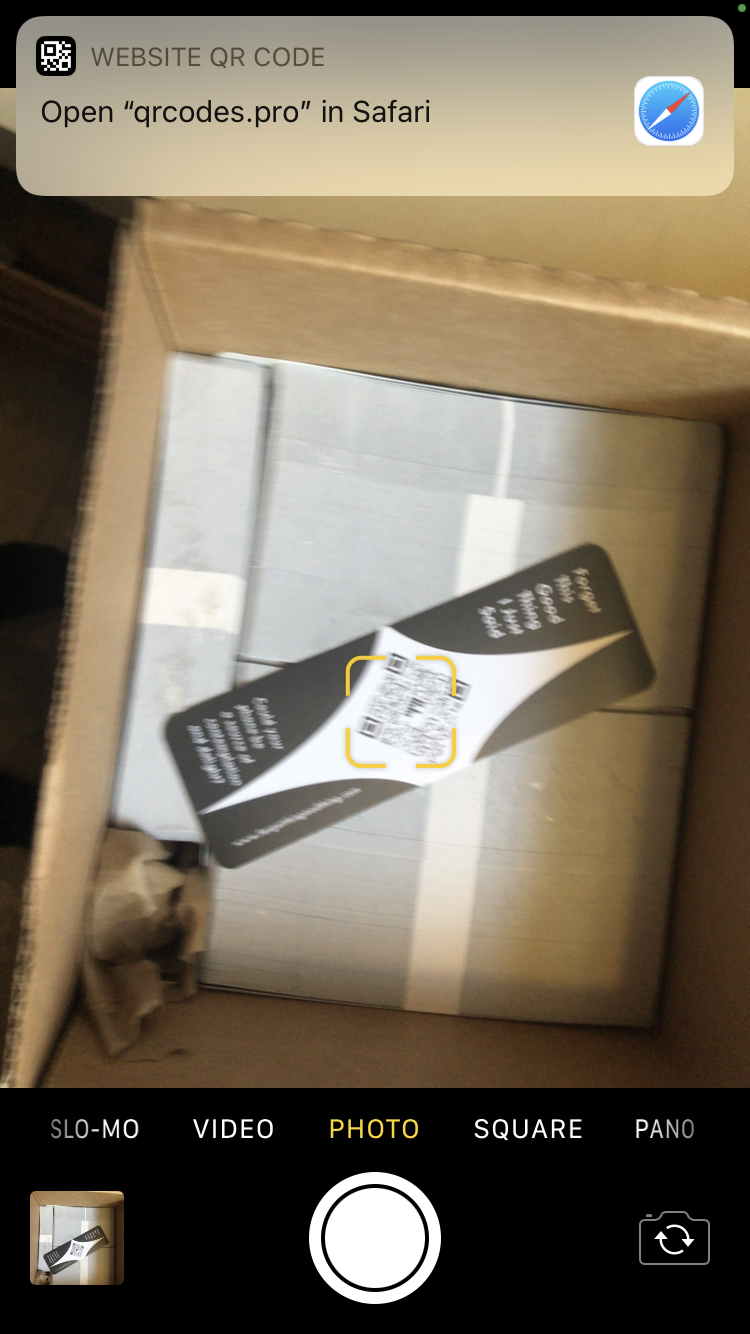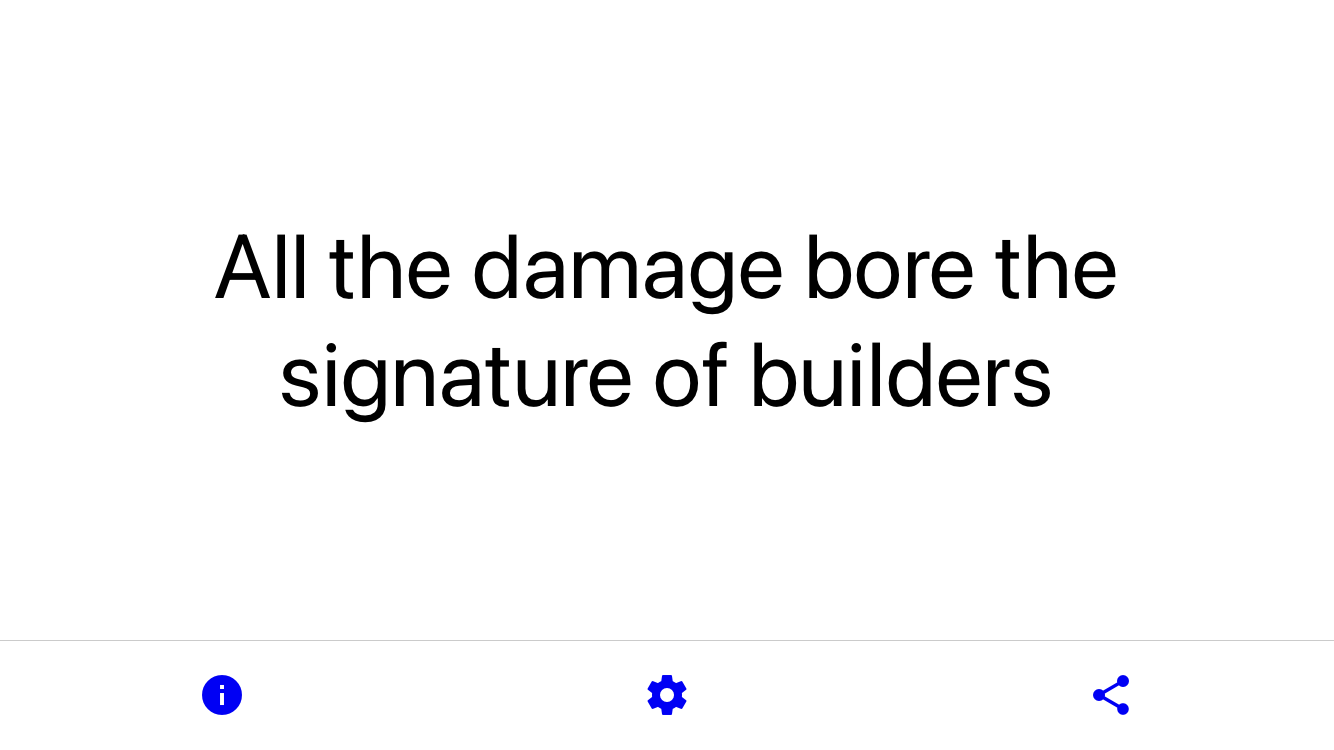Forget This Good Thing is an attempt - by turns playful and deadly serious - to harness a fundamental force of the universe to turn the world's 6.6 billion smartphones into real-time oracles.
This original work by Matthew Dublin (software design and execution) and Colin Dodds (words) uses random-number-generating technology to harness the idiosyncrasies of synchronicity and create a wholly unique experience for each reader, each time you open it. Forget This Good Thing is also a book, named a finalist for the Big Other Book Award for nonfiction!
Get the free app for iPhone and iPadGet the book, the second book and the thirdRead why it works and how it came about and why it may matter and what it’s like to use
With a live studio audience!
On instagram @forgetthisgood
Sometimes we all need to be interrupted, and some answers can only come from outside.
This is why people seek out oracles - human ones like the Sibyl of Delphi and other forms like the I-Ching or the Magic 8-Ball. As the latest in a long line of oracles, Forget This Good Thing promises the same thing: To tell you something you need to hear, before you know you need to hear it.
Personal preferences, habits and opinions can sometimes feel like tightening nets. Forget This Good Thing is a tool that can interfere with the imprisoning tendencies of your mind, and of the larger mind we operate within.
How it works:
Your phone is always tracking its own temperature - too hot or too cold and it won’t work. The temperature depends on how often you use it, the apps you use, if it’s in your pocket or a bag, if you leave it on a surface or keep it close. That temperature feeds into the ring-oscillator-based random-number generator, which selects from more than 2,400 original jokes, quips, aphorisms, maxims, arrows, koans, bon mots, observations and zingers to ensure that each reading experience is unique.
Forget This Good Thing is one way technology can engage the force of synchronicity - or surprisingly meaningful random chance - to speak to you directly. Like any new art or any new prayer, only one question matters: Does it work? Maybe. Let’s find out, together.
































